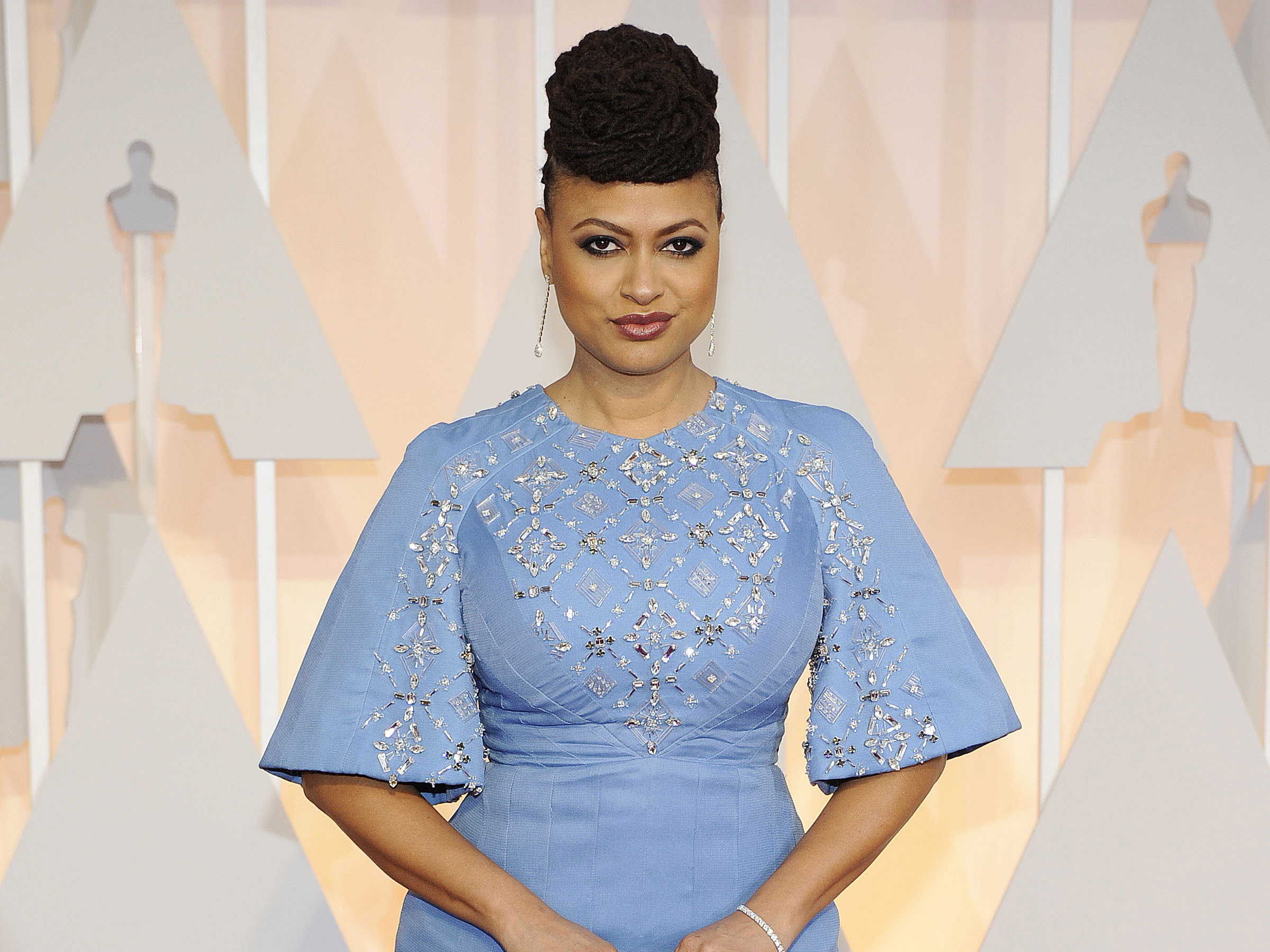Should There Be A Race Equivalent Of The Bechdel Test? Ava Duvernay Thinks So
How to monitor racial diversity in Hollywood?

How to monitor racial diversity in Hollywood?
Right now, the film industry has a big problem. To quote George Clooney: ‘How many options are available to minorities in film, particularly in quality films?’
This was Clooney's response when quizzed about the race row controversy surrounding 2016's Oscars. The nominees for the this year's Academy Awards are overwhelmingly white and this fact has sparked huge debate over the past few weeks.
Film industry insiders, like the directors Spike Lee and Michael Moore are boycotting the ceremony, actor Will Smith will also not attend in protest and Mark Ruffalo has been quick to criticise the virtually all-white list of nominees and support the call for change.
One of the crucial realities contributing to this diversity issue is that, as it stands, they’re just aren’t enough opportunities for black and minority actors in cinema. They are underrepresented. They don’t have as many options, so their talent is not given a platform comparable to that of their white counterparts.
There’s no lightening-fast fix to this systemic problem but a commitment to monitoring the world’s cinematic output against some specific criteria and standardising it is progress.
Enter the ‘DuVernay Test’. This idea was put forward in a review of the Sundance Film Festival by New York Times film critic Manohla Dargis.
Celebrity news, beauty, fashion advice, and fascinating features, delivered straight to your inbox!
Dargis’ words:
‘Movies like The Birth of a Nation are helping to write the next chapter of American cinema. And, to an extent, that’s true of Sundance at its best...It’s also where numerous selections pass the Bechdel test (movies like the very fine Christine and Sand Storm, in which two women talk to each other about something besides a man) and, in honor of the director and Sundance alumna Ava DuVernay, what might be called the DuVernay test, in which African-Americans and other minorities have fully realised lives rather than serve as scenery in white stories’
Ava DuVernay tweeted her wholehearted support:
The Bechdel test gets its title from American cartoonist Alison Bechdel. Her 1985 comic strip Dykes To Watch Out For first introduced the idea, which she also credited to a friend and the writings of Virginia Woolf.
The Bechdel test asks whether a work of fiction features at least two women who talk to each other about something other than a man. The requirement that the two women must be named is sometimes added.
It's no secret that historically, women were casually excluded from Hollywood – the misguided belief was that people wouldn’t pay to see a film fronted by women. Don’t even get us started on how baffling this logic seems, when half the population is female.
It’s about time we also had an enlightened and inclusive attitude towards black and minority actors and portrayals of race in cinema. Three cheers for the DuVernay Test.
The leading destination for fashion, beauty, shopping and finger-on-the-pulse views on the latest issues. Marie Claire's travel content helps you delight in discovering new destinations around the globe, offering a unique – and sometimes unchartered – travel experience. From new hotel openings to the destinations tipped to take over our travel calendars, this iconic name has it covered.